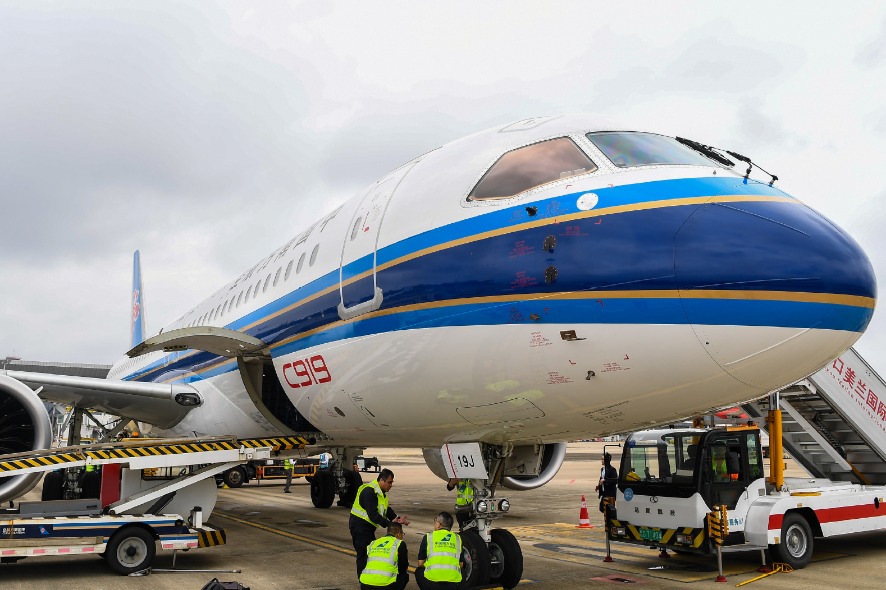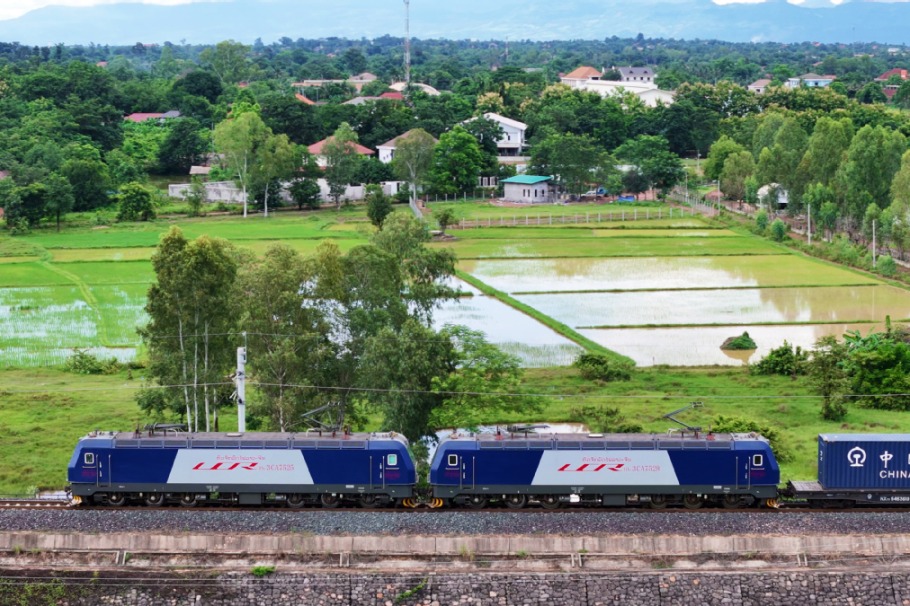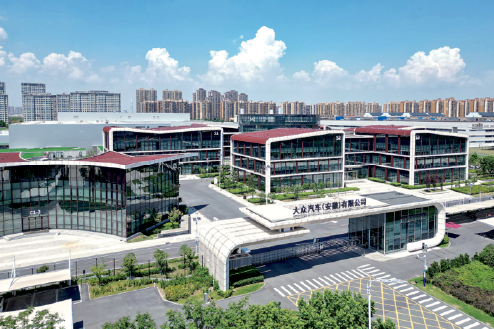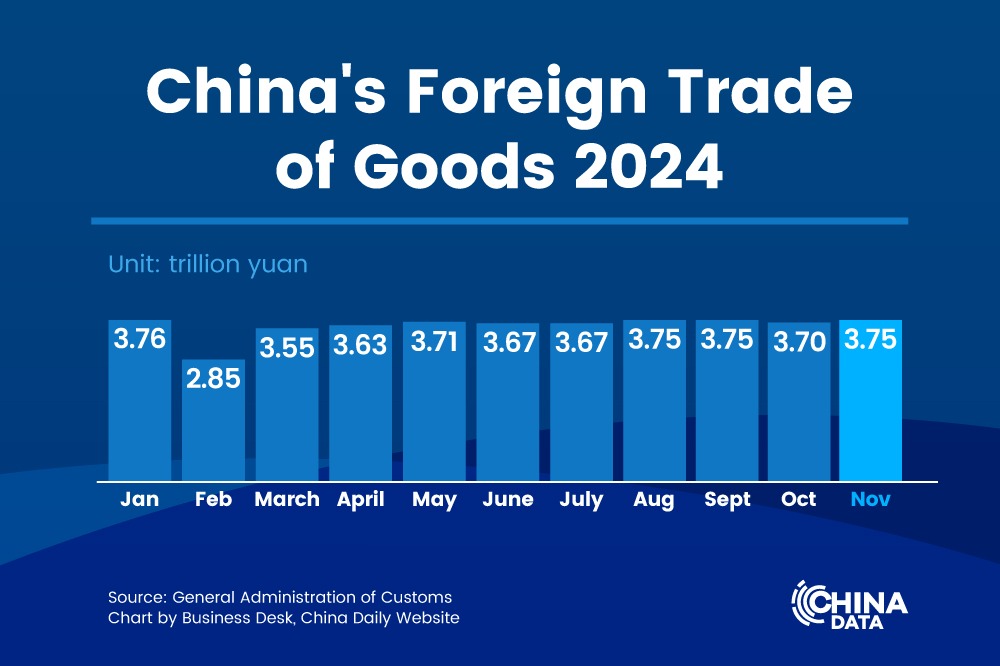Confidence to tackle technology challenges rising


Chinese firms better than global peers in taking proactive steps, says Deloitte
Chinese business leaders are more confident and prepared in addressing the challenges brought by new technologies than those in many other countries, said Cindy Hook, CEO of Deloitte Asia-Pacific, a global consultancy firm, on Thursday.
While many business leaders in the rest of the world take a protective approach to using technologies, China's leaders would like to "disrupt their sectors" and facilitate real changes, Hook said on the sidelines of the Boao Forum for Asia.
"Chinese enterprises are looking at the technologies available-whether it's artificial intelligence, big data or the like-to actually come up with whole-new business models and whole-new approaches to doing things, not just improving the old processes."
With the readiness for technologies, China is likely to lead on many aspects of the unfolding Fourth Industrial Revolution, such as e-commerce, smart cities and the internet of things, Hook said.
The country's impact on the revolution will be enlarged by its opening-up determination, she added, citing the fresh opening-up measures announced by Premier Li Keqiang at the forum on Thursday.
Her remarks were based on a Deloitte research, named 2019 Deloitte Industry 4.0 Readiness Report. The research surveyed more than 2,000 global executives and public sector leaders in 19 countries, including about 130 from China, about how they are prepared to embrace the revolution.
According to the report, the revolution-which features the booming new technologies and the combination of them-has a big opportunity to positively change the world, but has also posed great challenges. To thrive in the future, Hook believes businesses should strengthen cross-border cooperation and prioritize diversity and inclusiveness in corporate cultures-all to maximize the ideas and angles to tackle the challenges.
A key part of achieving diversity is to close the gender gap in business leadership, which is especially large in the Asia-Pacific region, including China.
According to a report from McKinsey Global Institute released last year, slightly less than four women held leadership positions for every 10 men in business and politics, worldwide in 2016. The figure fell to one for four for the Asia-Pacific region, and one for five in China.
Many businesses do not see gender equality as imperative because of societal norms, but this has actually constrained their talent pools and thus financial performances, Hook said.
In contrast, by giving all employees-both women and men-the same opportunity to be their best, Deloitte has benefited a lot, especially by way of attracting the very best talents across the world, she said.
Deloitte is trying to inspire its clients, including in China, to leverage the capacity of half of humanity, to help them thrive in the future, Hook said.




































